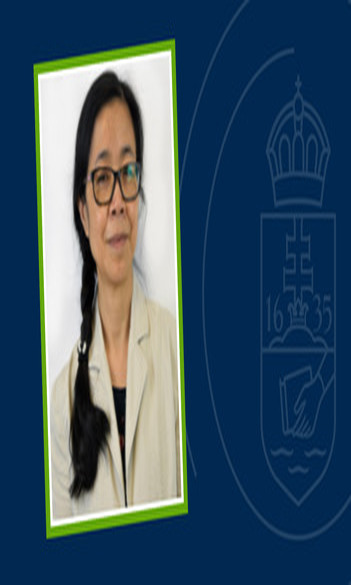NGUYEN LUU LAN ANH IS THE NEW DOCTOR OF THE HUNGARIAN ACADEMY OF SCIENCES

The head of the Institute of Intercultural Psychology and Education at ELTE PPK successfully defended her thesis submitted to the Hungarian Academy of Sciences last year. She received the certificate certifying the award of the prestigious title on June 28, together with 79 fellow researchers, in the Hall of the Hungarian Academy of Sciences.
The aim of Nguyen Luu Lan Anh's academic doctoral thesis is to examine the impact of cultural, social, and psychological changes resulting from the meeting of people and groups with different cultural backgrounds (historical minorities living in Hungary, permanent residents, and international students) on the development of national identity and successful or less effective adaptation strategies for integration. As a result of the examination of ethnic-cultural identity formations, she identified different identity formation mechanisms in historical minority and permanently settled minority groups. The research results showed that the distinct type of cognitive evaluation (i.e., the identification of gains and difficulties) plays an intermediary role and can predict adaptation. Gains-difficulties form a system of interrelated factors (e.g., social support, national identity, psychological well-being and adaptation, stereotypes). Weighing and understanding them will lead to a change of perspective for people with different cultures, which sheds new light on the culture of origin and reception. The resulting characteristic shift in perspective provides a new interpretation framework for cultural differences, which is one of the keys to adaptation and thus plays a decisive role in integration. A significant achievement of the author's work is that he developed a new model and methodology for intercultural research. Furthermore, the practical application of the findings, the incorporation of the discovered connections into teacher training, and the transmission of the intercultural social psychology approach to public education and higher education, which prioritizes internationalization, go beyond the scope of the research.

